
A film, as any other work of art, is essentially a subjective experience and therefore can never really be objectively measured or rated. In that sense, the format of assigning a certain number of stars to a movie in order to determine its “quality” is an exercise in futility.
However, it is sometimes difficult to navigate through the oceans of movies that come out nearly every day, not to mention all of those that have come out in the past. Movie-watchers sometimes want a certain degree of warranty that the two-or-so hours of their time won’t be wasted on a bad flick. Enter IMDb, the world’s foremost film rating site, that gathers its rankings from hundreds of thousands of voters.
In the last several years we have witnessed IMDb’s rise from an almost cult-like forum for cinephiles to a full-on media giant. Something was lost in the process, however: its ratings that were once fairly representative of a film’s objective quality – not that there is such a thing – became significantly watered down by casual viewers.
Here we present you, in alphabetical order, ten movies that suffered from that process. Movies that have a relatively low IMDb rating – less than seven stars – but are actually great!
1. Bad Lieutenant: Port of Call New Orleans (Werner Herzog, 2009)
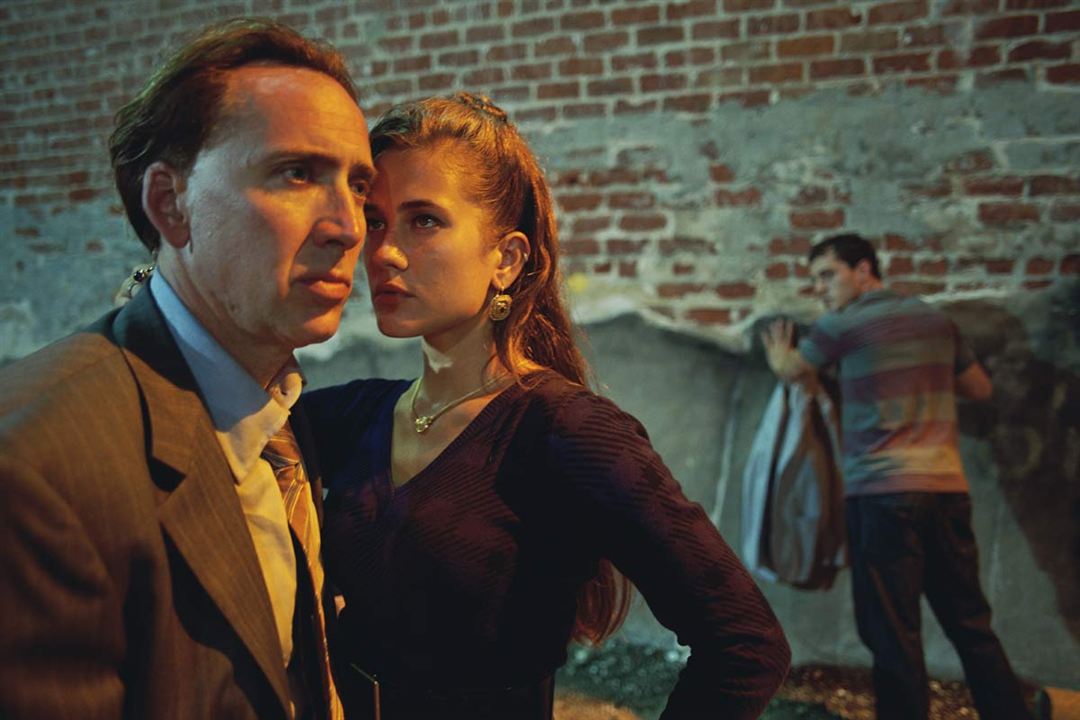
Synopsis: Terence McDonagh is a drug- and gambling-addled detective in post-Katrina New Orleans investigating the killing of five Senegalese immigrants.
Why it’s rated so low: Remakes of old classics usually tend to be panned by audiences who loved the original, and that was certainly the case with Werner Herzog’s reworking of Abel Ferrara’s 1992 Bad Lieutenant. Fans of the original – and the director himself – were annoyed by the very idea of remaking a film so special and so relatively recent that they dismissed it immediately and never gave it a chance.
Why it deserves better: Despite the hate from fans and the IMDb voters, Herzog’s version actually fared rather well with critics who unanimously praised the picture and deemed any comparisons to Ferrara’s original completely unfounded. Herzog himself has stated that he hasn’t even seen the original and that he never wanted to name it Bad Lieutenant in the first place. He insisted that they are two entirely different films whose only similarity is a crooked cop as its central character.
When you get over the name and give it a chance, you’ll see how well the thing is written and directed, not to mention acted – Nicholas Cage gives one of his best ever performances as the volatile Lt McDonagh.
2. Enemy (Denis Villeneuve, 2013)
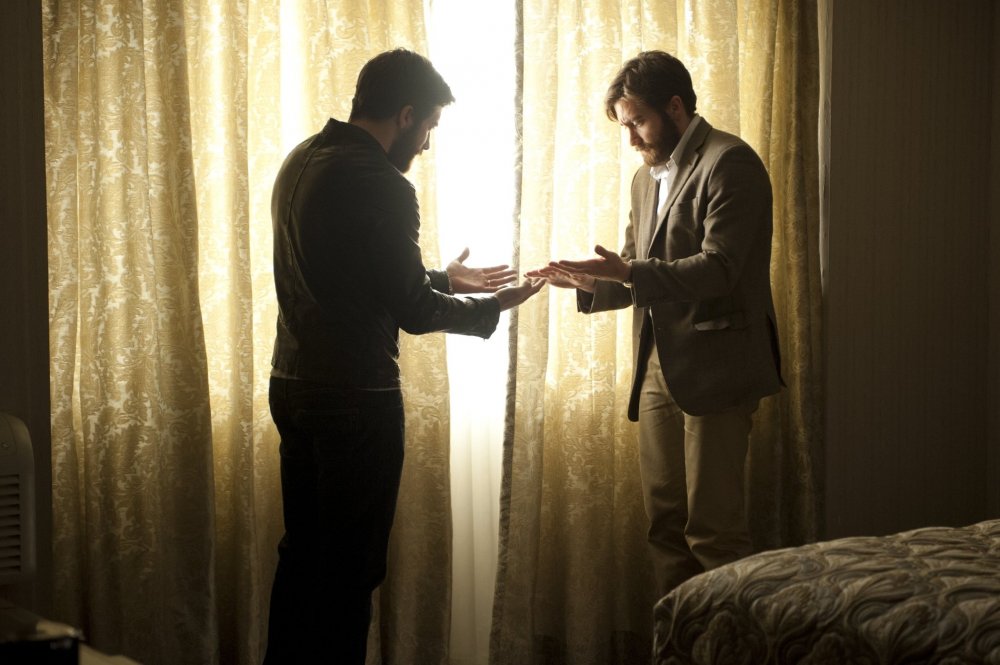
Synopsis: A man seeks out his exact look-alike after spotting him in a movie.
Why it’s rated so low: While Canadian director Denis Villeneuve has slowly been becoming a household Hollywood name in the last few years, he was still largely unknown in 2013 when Enemy came out. That could mean that he simply didn’t have enough credit with the audience to land such a complex and subtly layered feature.
Viewers found Enemy to be devoid of a clear storytelling structure and, in some cases, boring and difficult to understand. The main reason for that is a lack of traditional exposition and Villeneuve’s general refusal to explain what on earth is going on.
Why it deserves better: Those familiar with Villeneuve’s work surely approached Enemy more as an avantgarde piece of cinema than a straight-up feature flick, which is definitely the right way in this case. Its main strength lies in its symbolism: everything in this movie is there for a reason and that reason is usually not something you can decipher at first viewing. The infamous ending scene was a major turn-off for some viewers, but for those that left their expectations at the door, actually lifted the film to an even higher level.
Even if the story is – probably by design – misleading, there is still much to enjoy here: the wonderful photography and framing, the Lynch-like atmosphere, and the absolutely brilliant performance by Jake Gyllenhaal who is both the anchor of the story and the looming storm.
3. Inherent Vice (Paul Thomas Anderson, 2014)
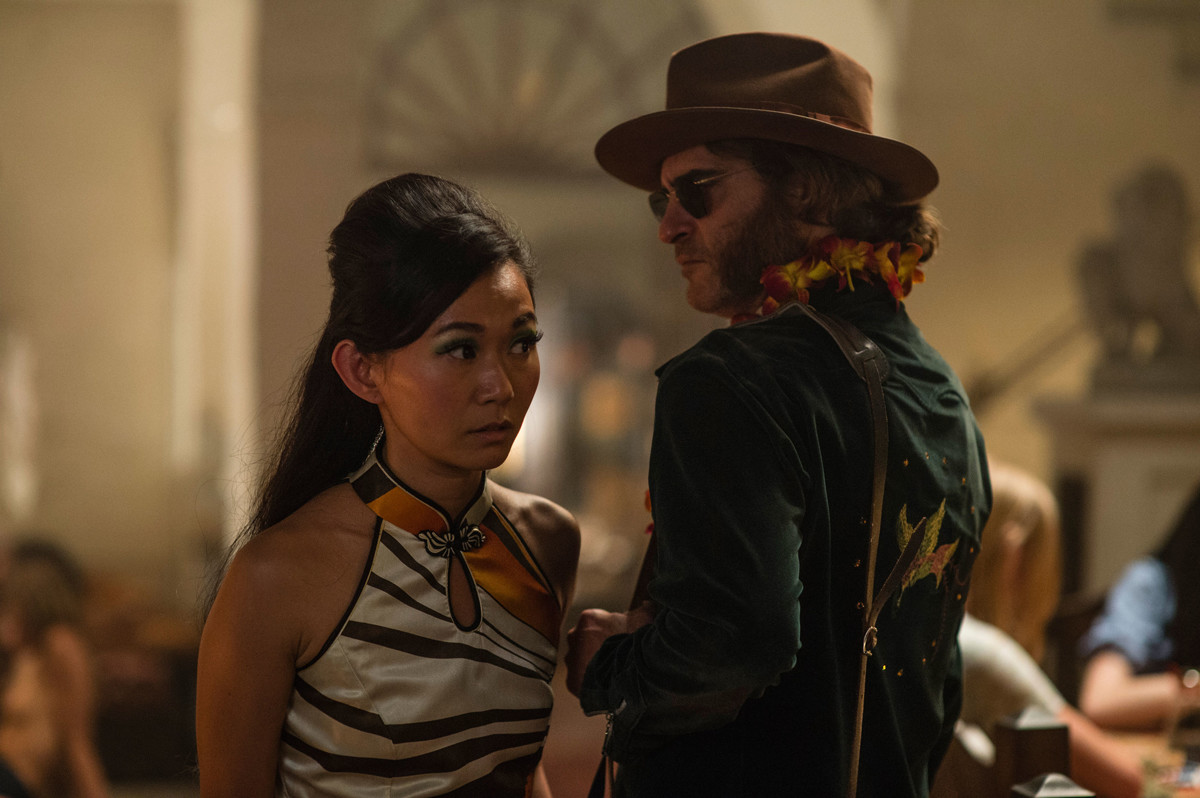
Synopsis: In 1970, drug-fueled Los Angeles private investigator Larry “Doc” Sportello investigates the disappearance of a former girlfriend.
Why it’s rated so low: The reason why Paul Thomas Anderson’s seventh feature is so underrated by the IMDb voters is its incomprehensible haze of a plot. Anderson wanted to stay true to his source material – Thomas Pynchon’s eponymous novel – which is itself a dense read with an unreliable narrator. Converting that onto the screen is far from simple, and the result here is a movie that demands your undivided attention just to be able to follow along. That is, if you haven’t given up on it in the first half-hour.
Why it deserves better: Inherent Vice works better if you think of it as a stoner film instead of a detective mystery. The lack of a continuous thread in the narrative or its general messiness is Anderson’s attempt to convey the state of mind of its protagonist. Just read the synopsis and try to put yourself in Doc Sportello’s shoes: everything would be a haze, wouldn’t it?
Critics largely loved Inherent Vice, with a few exceptions. It might be tempting to ascribe that to the fact that Anderson is simply a critics’ darling, but if you strip Vice of its context and delve into it without preconceived notions, you just might enjoy the wild, drug-fueled ride.
4. Man Who Fell to Earth (Nicolas Roeg, 1976)
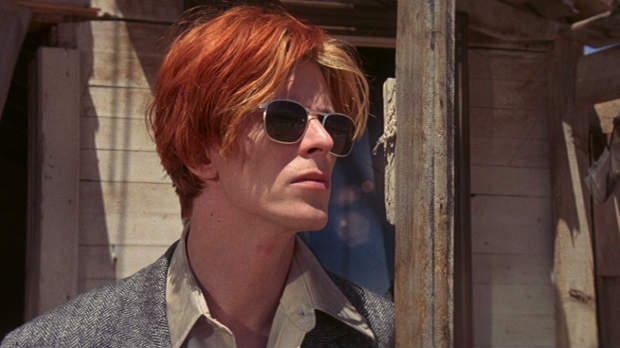
Synopsis: An alien must pose as a human to save his dying planet, but a woman and greed of other men create complications.
Why it’s rated so low: Of all the movies on this list, Man Who Fell to Earth best fits into the “cult film” category. As is the case with most cult films, this one has also been unable to conquer the majority of mainstream moviegoers. And, truthfully, it’s not hard to see why – from a strictly objective and analytic perspective, Man Who Fell to Earth is deeply flawed. The plot is full of holes and non-sequiturs, the writing is often cheesy and the premise itself is preposterous.
Why it deserves better: Despite its lack of mainstream appeal or critical acclaim, this film still has a relatively large and fiercely loyal fanbase. What is it, then, that these people love so much about it?
Nicolas Roeg may be the director, but it is clear right away that this is a product of David Bowie’s twisted, idiosyncratic vision. Much like the mythology of Ziggy Stardust, Man Who Fell to Earth is a piece of art that is designed to strike you on a different level; one that disregards conventional rules of storytelling in order to transcend into a psychedelic sensory realm.
It’s not supposed to be logical or implicative, it is meant to be vague and slightly distant, but immediate.
5. Mother! (Darren Aronofsky, 2017)
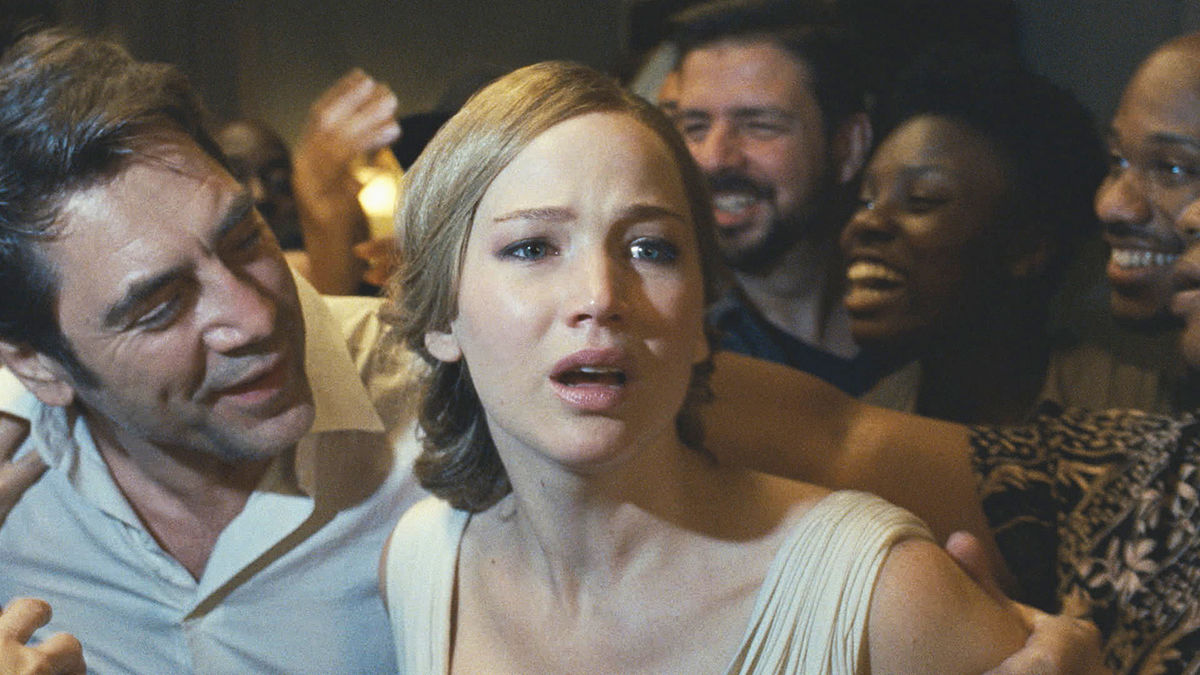
Synopsis: A couple’s relationship is tested when uninvited guests arrive at their home, disrupting their tranquil existence.
Why it’s rated so low: After the bust of 2014’s Noah, Darren Aronofsky was expected to bounce back with his highly ambitious seventh feature-length, but Mother! didn’t exactly land as well as he had hoped.
Aside from the controversies caused by its heavy use of biblical imagery and symbolism, the film simply failed to captivate the attention of a large part of its viewers. Mother! is an allegory driven beyond the point of absurdism, becoming a self-indulgent work of l’art pour l’art in the process. Such projects, if executed correctly, can connect with wider audiences but that was not the case with this movie. Audiences often found it pretentious, megalomaniac and cringeworthy.
Why it deserves better: Many of the complaints about this picture are well-based and have good points, but Mother! still can be worth a couple hours of your time, if only to see what all the fuss is about.
Aronofsky is a stylish filmmaker and his knack for finding beautiful color palettes and pacing the progress of the story really shine through here. He manages to create a certain artificial suspense that is unsettling in the most interesting of ways. Plus, the performances of the cast are simply flawless, as Jennifer Lawrence succeeds in nuancing her usually flamboyant style and Javier Bardem proves once again that he is a masterful actor.